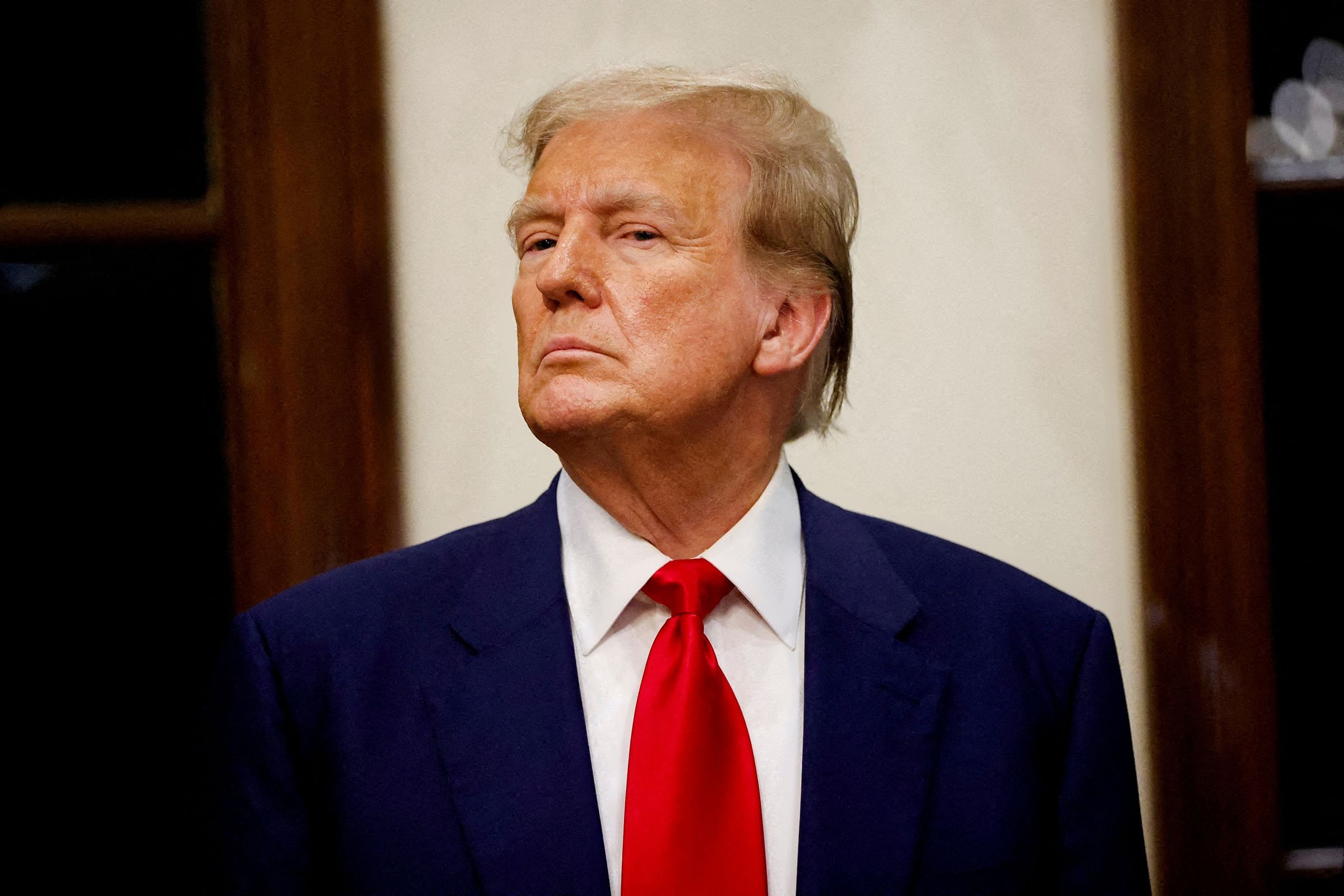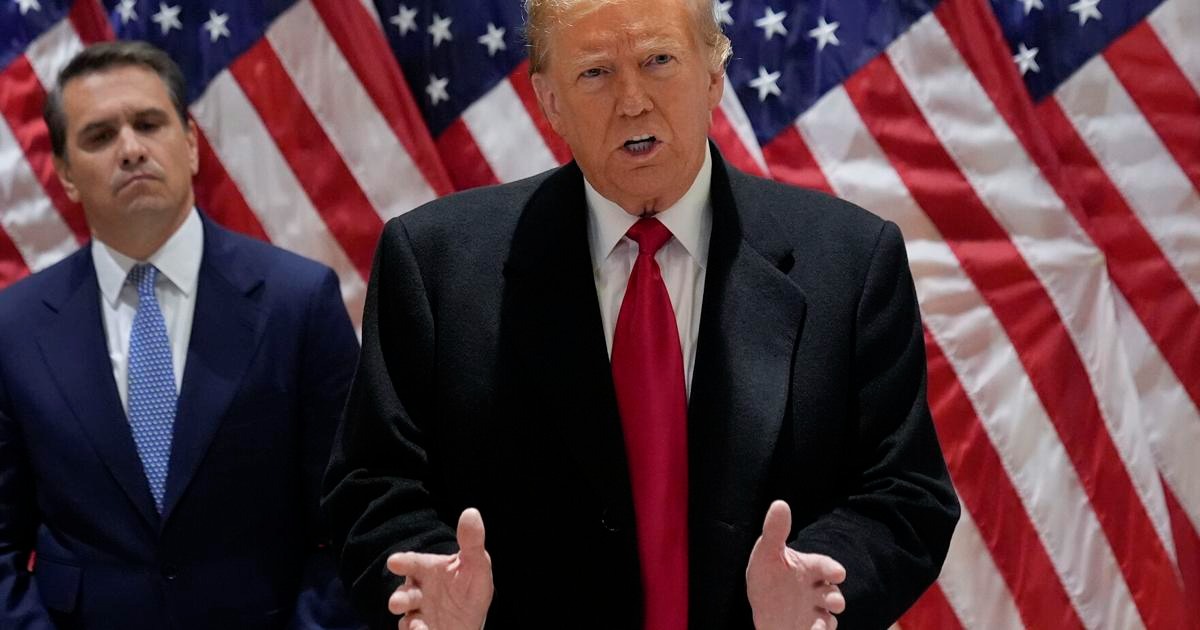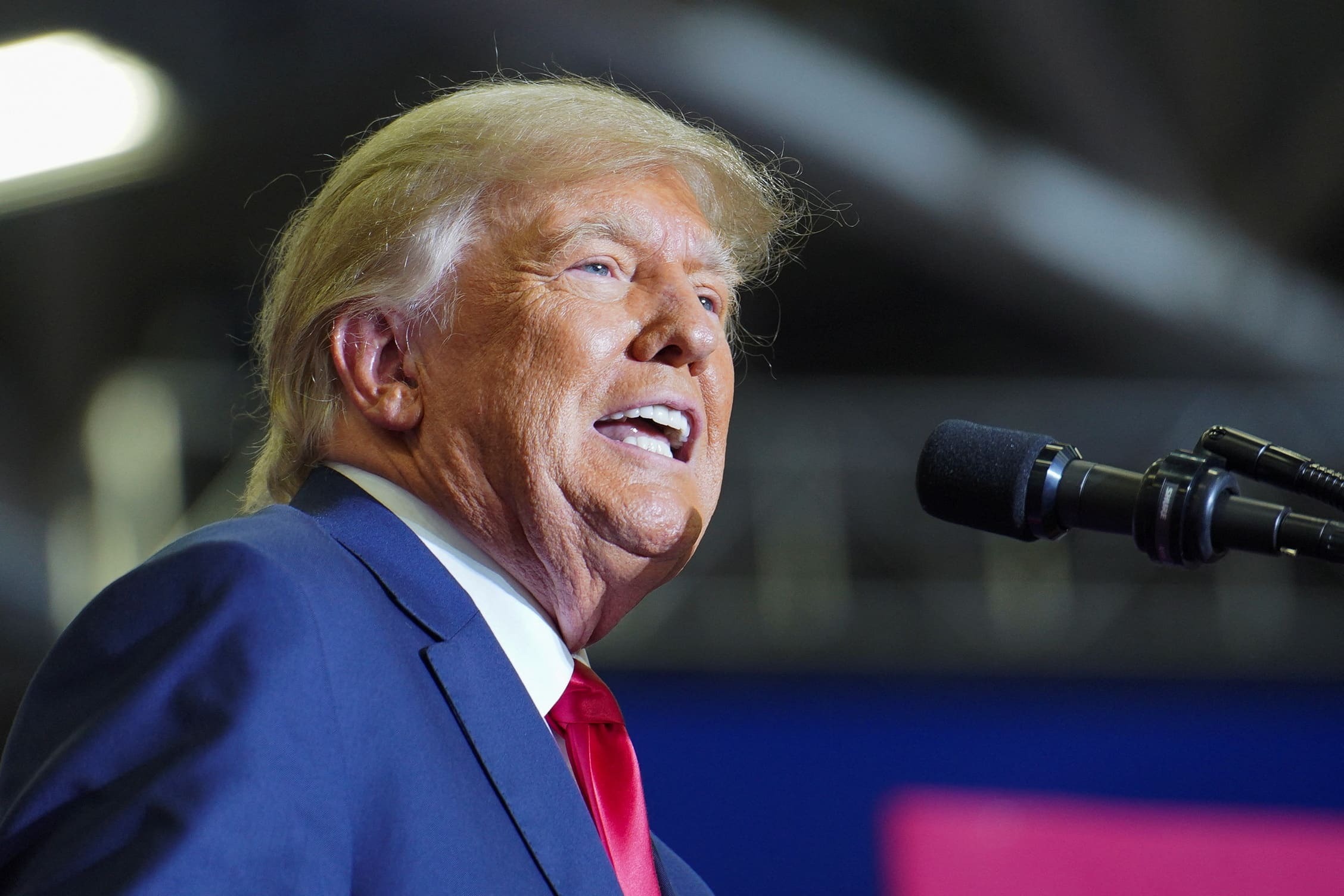The classified documents case against former President Donald Trump has reached a critical juncture. Prosecutor Jack Smith handed over more than 682,000 records to Trump and his co-defendants. This development underlines the case’s complexity, particularly given the sensitivity of the classified documents involved and the strategic legal maneuvers by both sides.
Prosecutor Smith has expressed concerns to Judge Aileen Cannon about potential delays, suggesting that Trump might be leveraging document requests to postpone the trial, possibly aiming to reposition himself politically ahead of the 2024 presidential election.
The implications of such a delay are crucial, potentially allowing Trump, if re-elected, the opportunity to pardon himself or influence the prosecutorial direction through appointments. The designation of the case as “complex” by Judge Cannon, whom Trump appointed, plays a pivotal role here.

Donald J Trump (Credits: CNN)
This classification, justified by the challenges posed by the sheer volume and nature of the classified documents, has already resulted in the trial’s postponement from its initial schedule, pushing the date to mid-year.
This move has sparked debate over the balance between ensuring a fair trial and avoiding undue delays that could impact the judicial and political landscapes.
Trump’s defense team continues to press for additional records, including CCTV footage that has become a focal point of the case. This footage allegedly shows Trump’s associates attempting to conceal classified documents and possibly obstruct justice by tampering with evidence sought by federal agents.

Donald Trump (Credits: Lincoln Journal Star)
These developments raise questions about the boundaries of legal defense strategies and the ethical implications of obstructing federal investigations. As the case comes to light, it serves as a litmus test for the American legal system’s ability to handle cases involving high-profile figures and sensitive national security information impartially and diligently.
The outcomes of these legal battles could have far-reaching implications for presidential accountability, the integrity of classified information, and the rule of law in the United States.


























